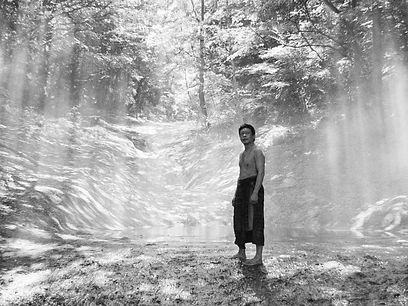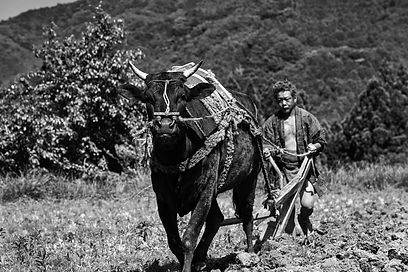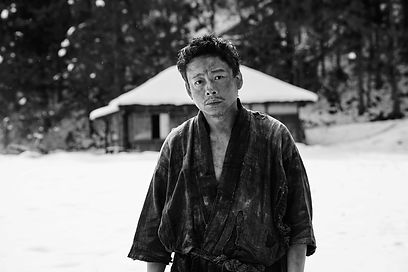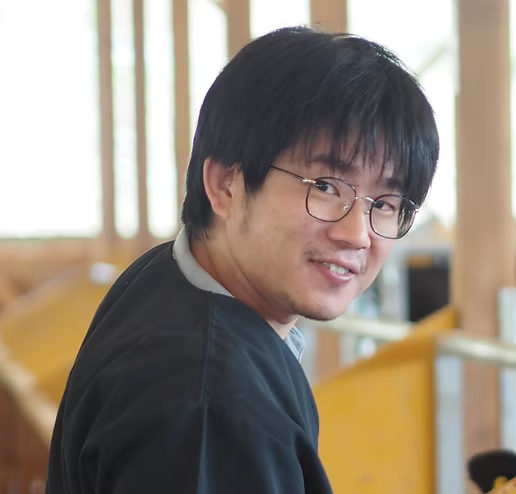Black Ox
In the Meiji Period, in the 19th century Japan, transitioning towards modernization, BLACK OX explores the relationship between man and ox, inspired by the "Ten Ox-Herding Pictures" a series of short poems and illustrations from Zen Buddhism tradition that depict the path to enlightenment and spiritual awakening. BLACK OX follows the life of a Man, a former hunter-gatherer who loses his connection to the gods of nature and to his spirituality in the process of becoming a farmer and becoming "Japanese" during the nation's period of westernization in the Meiji Period. Transitioning from a life in the mountains to a life in the farm, one day he comes across a Black Ox. He somehow succeeds in leading the reluctant animal back to his home, and begins living with it. The OX becomes his companion in a life of seasons in the attempt to reconnect with nature.



Credits and Cast
Producers: Tetsuichiro TSUTA, Shozo ICHIYAMA, Eric NYARI, Yin-Yu HUANG, & Yin-Yu HUANG
Director: Tetsuichiro TSUTA
Writing: Tetsuichiro TSUTA, Koichi KUBODERA, Masayuki UEDA, & Keita KUMANO
Cinematography: Yutaka AOKI
Editing: Tetsuichiro TSUTA
Music: Ryuichi SAKAMOTO
Shooting Format: Digital
Aspect Ratio: 16:9

Director’s Biography-Tetsuichiro Tsuta
Tetsuichiro Tsuta (蔦 哲一朗), born in 1984 in Miyoshi, Tokushima Prefecture, is a Japanese filmmaker known for his lyrical, analog approach to cinema. After graduating from Tokyo Polytechnic University’s Department of Imaging Art in 2007, he independently created his daring debut Island of Dreams (2009), which won the Audience Award at the Pia Film Festival. His feature The Tale of Iya (2013) earned international recognition—including a Special Mention at the 26th Tokyo International Film Festival and the Tromsø International Film Festival’s Aurora Award—for its striking visuals and embrace of rural tradition. Most recently, Tsuta became the first Japanese director to win the Firebird Award (the top prize in the Young Cinema Competition) at the 49th Hong Kong International Film Festival in April 2025 for his second feature Black Ox, a piece inspired by Zen’s "Ten Ox‑Herding Pictures," partly shot on 70 mm film, featuring music by Ryuichi Sakamoto, and praised for its philosophical depth and transcendent aesthetic